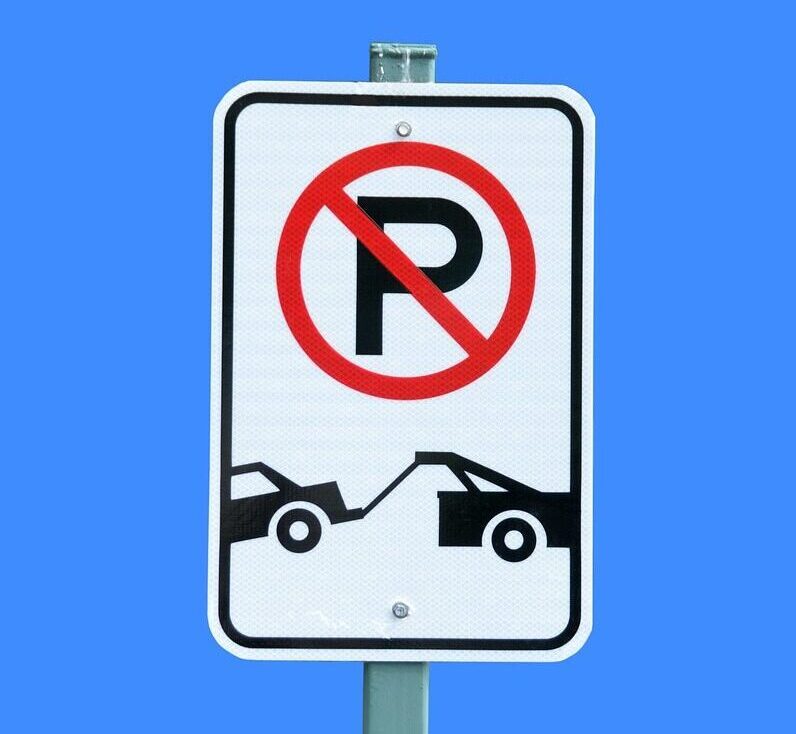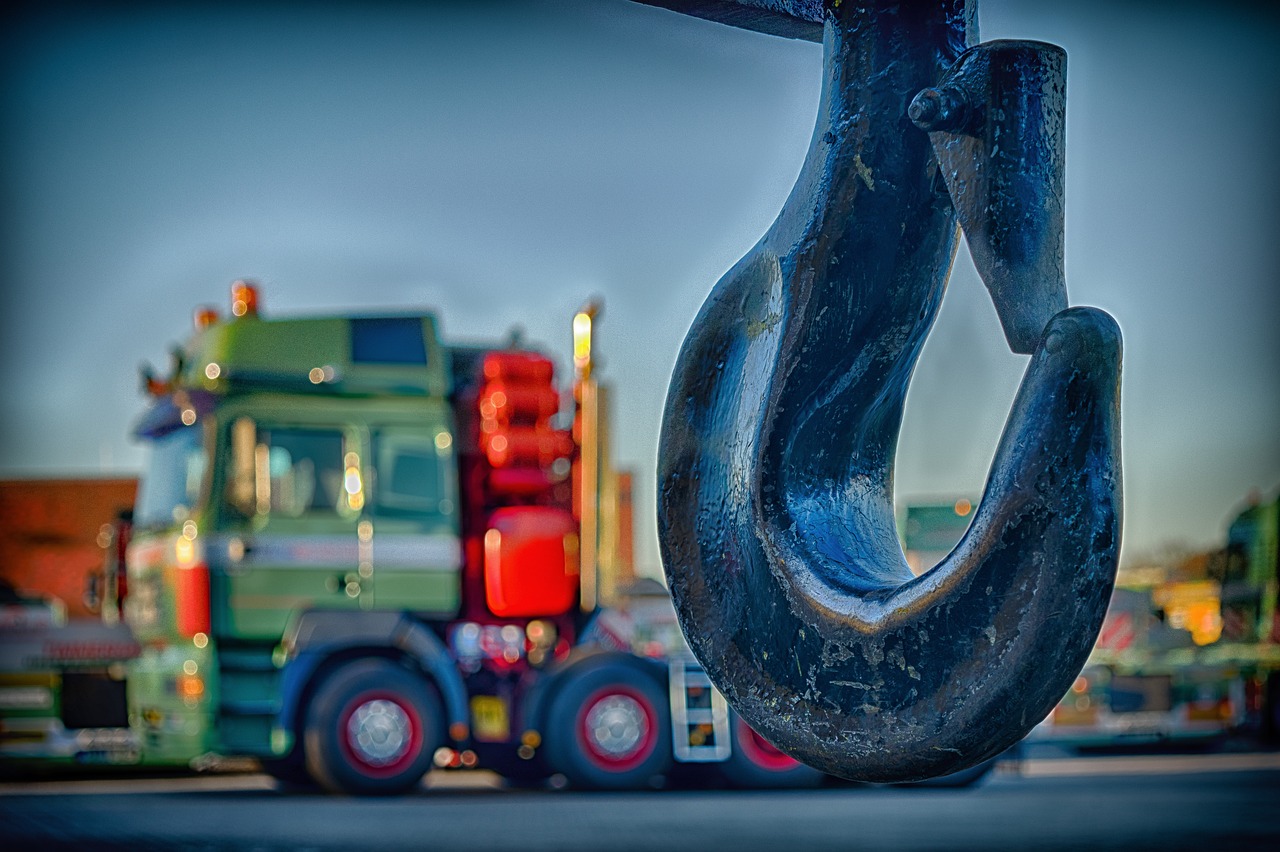Know Before You Tow
July 27, 2023
Ontario is one of the busiest provinces in Canada. Accordingly its towing industry has experienced significant growth over the years with increased congestion on the roads creating a higher demand for towing services to assist with incidents such as breakdowns, illegal parking, motor collisions and more.
As motorists, it is important to be mindful of who you trust during these stressful times in need. We strongly advise to always proceed with caution when arranging for a tow.

About the Industry
The towing industry is composed of a mix of both large companies with multiple vehicles and employees as well as individual owner-operators. Towing services in Ontario typically consist of:
- Tow service operators (who are required to hold a Commercial Vehicle Operator’s Registration (CVOR) certificate)
- Storage facility operators
- Tow truck brokers
- Tow truck drivers
Regulations
In June 2020, efforts were made in order to bridge gaps in the system in response to the growing violence, corruption and criminal activity in the towing industry. The province announced the establishment of a task force to develop a comprehensive provincial regulatory regime for the industry in Ontario. The task force identified the following policy objectives for a new regulatory framework:
Mandate
- Promote road user and tow operator safety to prevent deaths and injuries on Ontario’s roads.
- Improve customer protections to ensure drivers are treated fairly after they experience a collision or a breakdown.
- Create a level playing field with clear requirements that allow legitimate operators to prosper.
- Enhance intelligence gathering and enforcement and take action against unethical actors
- Reduce crime and fraud throughout the towing cycle (1.).
Challenges Faced by the Towing Industry in Ontario
Aside from the towing industry’s importance and its essential services provided to motorists in need, the industry continues to face backlash especially when it comes to reputation and public perception. One significant on-going challenge is addressing the unethical practices within the sector that can harm both consumers and reputable operators. This is a harsh reality that has come to the surface over the years and unfortunately, implementing stricter regulations can only do so much.
A 2020 study showed that Ontario drivers are concerned about how tow truck drivers operate and provided the following insights:
- 94% agree with regulations such as tow truck licensing, certification and regulation.
- 74% strongly support mandatory, standardized training and certification for tow truck operators.
- 80% agree the cost of towing and related fees can be misleading.
- 91% oppose the idea of anyone driving a tow truck without specific tow truck driver education or training.

At the Site of a Collision When Arranging a Tow
Aside from mandates and regulations, if at the site of a collision, it is crucial to handle the situation with utmost care and efficiency. The safety of yourself and those around you should be a top priority. First, confirm that no one is hurt, then assess any damages. We understand that moments following an accident can be overwhelming, but knowing how to navigate the process of arranging for a tow can help alleviate some of the stress. Here are some tips to keep in mind if in a collision:
- Determine whether or not your vehicle needs to be towed. Ask yourself, is the vehicle safe to drive?
- Before your vehicle is towed, take detailed photos of your damaged vehicle. Remove all valuables and important items from your vehicle before granting access to another party.
- You have the right to refuse the first tow company on scene of the accident. Contact a reputable company either recommended by your insurance provider, the police (if contacted) or one with credible reviews.
- Double-check that the tow truck company called is the one that arrives on the scene.
- Take caution about what you sign. Always fully read through documents, including all of the fine print. Stay involved in the process, even if you are reassured that everything will be handled by the driver.
- In case of any future disputes, keep any paperwork or receipts provided by the driver.
- Know the location where the towing company is taking your vehicle. Ask whether the tow operator is receiving a financial incentive to tow your vehicle to a particular vehicle storage facility or repair shop. They must disclose per the law.
- Do you have collision or all perils on your car insurance policy? Depending on your provider, your insurance company may cover towing costs depending on your policy. Contact your Agent or Broker if you have any questions.
Know Your Towing Rights
Being prepared with a plan before the unexpected happens is important. Ontario is continuously growing and with growth comes higher volumes out on the roads. With many factors to consider while driving, we must remain cautious at all times. In the event that you need to arrange a tow, please be mindful of who you are dealing with. If you have any questions, speak to your Agent or Broker. For more information on Ontario’s towing task force, consultation and research, click here.
Our team strives to present accurate information at the time of publication. In the interests of time and space, complete wordings are not included. If you have specific questions about our insurance products, please contact your agent or broker. The information in this article is non-binding to the company.
(1.) https://news.ontario.ca/en/release/60518/ontario-improving-safety-and-enforcement-for-towing-industry
